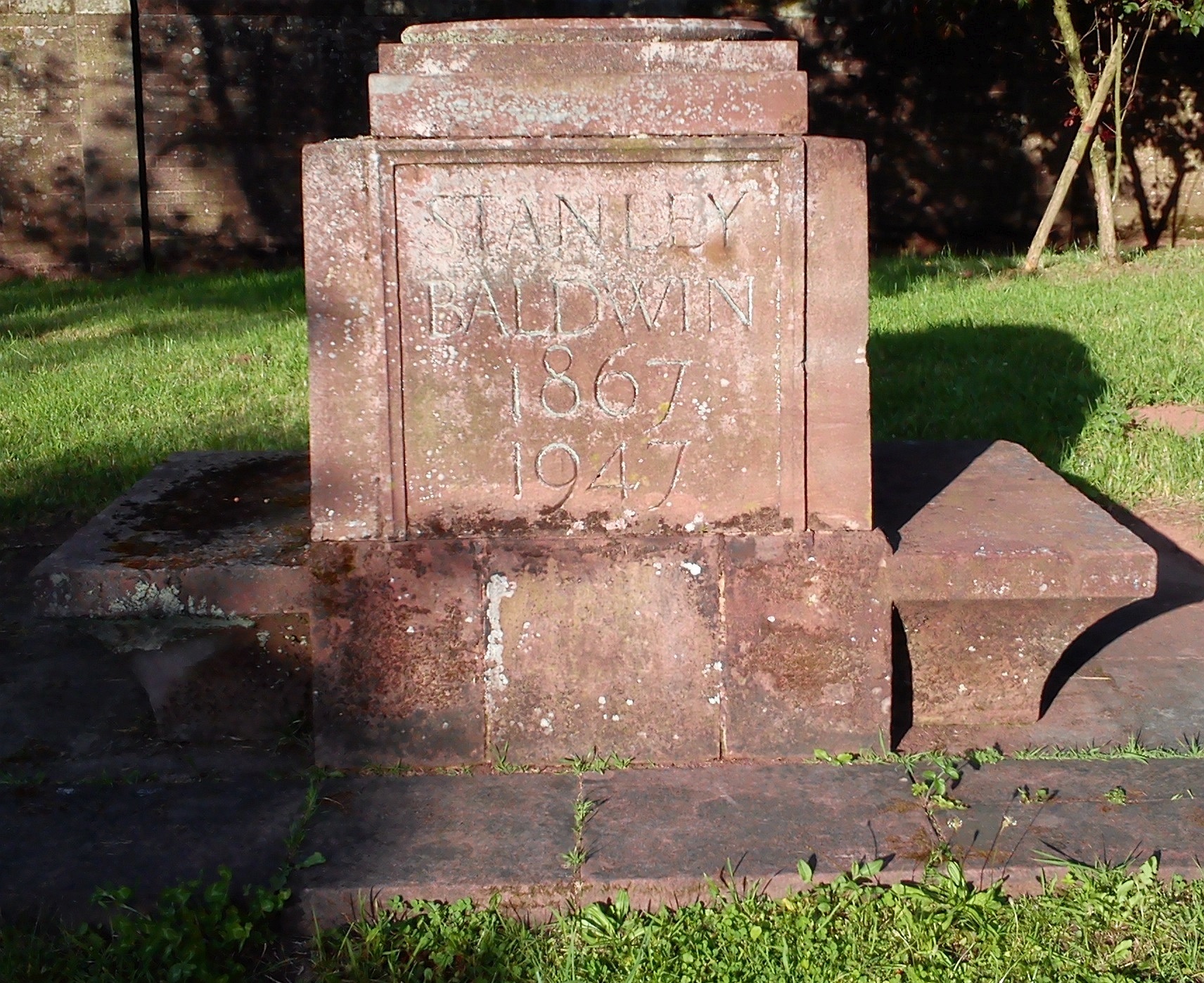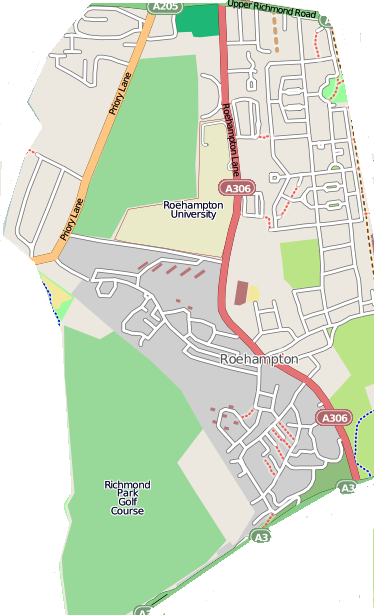|
Henry Foley (historian)
Henry Foley, S.J. (9 August 1811 – 19 November 1891) was an English Jesuit Roman Catholic church historian. Biography He was born at Astley in Worcestershire, England on 9 August 1811. His father was the Protestant curate in charge at Astley. After his early education at home and at a private school at Woodchester, Henry was articled to a firm of solicitors in Worcester, and in the course of time practised as a solicitor, at first in partnership with another, then by himself. Under the influence of the Oxford Movement he was led to embrace the Catholic faith in 1846, and five years later, on the death of his wife Anne, daughter of John Vezard of Gloucestershire, he sought admission as a lay brother into the Society of Jesus. Urged to enter as a scholastic and to prepare for the priesthood, he said it was Our Lady's wish that he should be a lay brother. For thirty years he occupied the post of lay brother ''socius'' to the English provincial superior. During that time h ... [...More Info...] [...Related Items...] OR: [Wikipedia] [Google] [Baidu] |
Astley, Worcestershire
Astley is a village, and a civil parish (with Dunley) in Worcestershire, England, about two miles outside Stourport-on-Severn and seven miles south-west of Kidderminster. A range of English white wines including sparkling wines have been produced in Astley since 1983. The wines have won over 100 awards, and are now Quality Wine status, three of which have received International Wine and Spirit Competition (IWSC) awards.Astley Vineyards History 
[...More Info...] [...Related Items...] OR: [Wikipedia] [Google] [Baidu] |
Socius
Socius may refer to: * Socii, of the Roman Republic in classical times * a Latin noun meaning "comrade, friend, ally" (adjectival form: ''socialis'') and used to describe a bond or interaction between parties that are friendly, or at least civil; it has given rise to the word "society" * Socius (insect anatomy), a part of the Lepidoptera genitalia * ''Socius'' (journal), an academic journal published by the American Sociological Association The American Sociological Association (ASA) is a non-profit organization dedicated to advancing the discipline and profession of sociology. Founded in December 1905 as the American Sociological Society at Johns Hopkins University by a group of fif ... * Socius (philosophy), a philosophical concept developed by Gilles Deleuze {{disambiguation Science disambiguation pages ... [...More Info...] [...Related Items...] OR: [Wikipedia] [Google] [Baidu] |
19th-century English Jesuits
The 19th (nineteenth) century began on 1 January 1801 ( MDCCCI), and ended on 31 December 1900 ( MCM). The 19th century was the ninth century of the 2nd millennium. The 19th century was characterized by vast social upheaval. Slavery was abolished in much of Europe and the Americas. The First Industrial Revolution, though it began in the late 18th century, expanding beyond its British homeland for the first time during this century, particularly remaking the economies and societies of the Low Countries, the Rhineland, Northern Italy, and the Northeastern United States. A few decades later, the Second Industrial Revolution led to ever more massive urbanization and much higher levels of productivity, profit, and prosperity, a pattern that continued into the 20th century. The Islamic gunpowder empires fell into decline and European imperialism brought much of South Asia, Southeast Asia, and almost all of Africa under colonial rule. It was also marked by the collapse of the large S ... [...More Info...] [...Related Items...] OR: [Wikipedia] [Google] [Baidu] |
1891 Deaths
Events January–March * January 1 ** Paying of old age pensions begins in Germany. ** A strike of 500 Hungarian steel workers occurs; 3,000 men are out of work as a consequence. **Germany takes formal possession of its new African territories. * January 2 – A. L. Drummond of New York is appointed Chief of the Treasury Secret Service. * January 4 – The Earl of Zetland issues a declaration regarding the famine in the western counties of Ireland. * January 5 **The Australian shearers' strike, that leads indirectly to the foundation of the Australian Labor Party, begins. **A fight between the United States and Indians breaks out near Pine Ridge agency. ** Henry B. Brown, of Michigan, is sworn in as an Associate Justice of the Supreme Court. **A fight between railway strikers and police breaks out at Motherwell, Scotland. * January 6 – Encounters continue, between strikers and the authorities at Glasgow. * January 7 ** General Miles' force ... [...More Info...] [...Related Items...] OR: [Wikipedia] [Google] [Baidu] |
1811 Births
Events January–March * January 8 – An unsuccessful slave revolt is led by Charles Deslondes, in St. Charles and St. James Parishes, Louisiana. * January 17 – Mexican War of Independence – Battle of Calderón Bridge: A heavily outnumbered Spanish force of 6,000 troops defeats nearly 100,000 Mexican revolutionaries. * January 22 – The Casas Revolt begins in San Antonio, Spanish Texas. * February 5 – British Regency: George, Prince of Wales becomes prince regent, because of the perceived insanity of his father, King George III of the United Kingdom. * February 19 – Peninsular War – Battle of the Gebora: An outnumbered French force under Édouard Mortier routs and nearly destroys the Spanish, near Badajoz, Spain. * March 1 – Citadel Massacre in Cairo: Egyptian ruler Muhammad Ali kills the last Mamluk leaders. * March 5 – Peninsular War – Battle of Barrosa: A French attack fails, on a larger Anglo-Portuguese-Sp ... [...More Info...] [...Related Items...] OR: [Wikipedia] [Google] [Baidu] |
Roehampton
Roehampton is an area in southwest London, in the Putney SW15 postal district, and takes up a far western strip running north to south of the London Borough of Wandsworth. It contains a number of large council house estates and is home to the University of Roehampton. Etymology The ''Roe'' in Roehampton's name is thought to refer to the large number of rooks that still inhabit the area. Location Roehampton is centred about 6.3 miles (roughly 10 km) south-west of Charing Cross. It occupies high land, with Barnes to the north, Putney and Putney Heath to the east, and Richmond Park and Richmond Park Golf Course to the west. To the south is Roehampton Vale, that straddles the A3, with Wimbledon Common and Putney Vale beyond. History Roehampton was originally a small village – with only 14 houses during the reign of Henry VII – with the area largely forest and heath. The population gradually increased in the 18th and 19th centuries as it became a favoured residential ou ... [...More Info...] [...Related Items...] OR: [Wikipedia] [Google] [Baidu] |
Parkstead House
Parkstead House, formerly known as Manresa House and Bessborough House, is a neo-classical Palladian villa in Roehampton, London, built in the 1760s. The house and remaining grounds are now Whitelands College, part of the University of Roehampton. It is situated on Holybourne Avenue, off Roehampton Lane, next to the Richmond Park Golf Course in the London Borough of Wandsworth. In 1955 it was designated Grade I on the National Heritage List for England. History Construction It was built for The 2nd Earl of Bessborough, an Anglo-Irish peer. Construction on the building started circa 1760, by the architect Sir William Chambers, who also designed Somerset House in London. It was completed in circa 1768. The building was inspired by Chiswick House and Foots Cray Place. A resident of Parkstead was the wife of The 3rd Earl of Bessborough, Henrietta Ponsonby, Countess of Bessborough, a Whig hostess, gambler and socialite.Janet Gleeson An Aristocratic Affair' (Bantam Press, 2006). ... [...More Info...] [...Related Items...] OR: [Wikipedia] [Google] [Baidu] |
Father Henry More
Father Henry More (1586–1661) was an English Jesuit provincial and church historian. Biography He was son of Edward More, and great-grandson of Sir Thomas More, lord chancellor of England. He must not be confused with his cousin, Henry More (born 1567), who was son of Thomas More and Mary Scrope. More was born in 1586 in Essex, according to the majority of the provincial catalogues, though a few of them give Cambridgeshire as the county of his birth. He made his humanity studies in the college of the English Jesuits at St. Omer, and entered the novitiate of St. John's, Louvain, 19 November 1607. His higher studies were probably made in Spain. In 1614, he filled the office of minister in the English college of St. Alban at Valladolid ; he held the same office in the college at St. Omer in 1621 ; and he was professed of the four vows 12 May 1622. From 1622 until 1632, he was a missioner in the London district, and he was one of the Jesuits arrested at the Clerkenwell resid ... [...More Info...] [...Related Items...] OR: [Wikipedia] [Google] [Baidu] |
Blessed Virgin Mary (Roman Catholic)
The veneration of Mary, mother of Jesus, in the Catholic Church encompasses various Marian devotion, devotions which include prayer, pious acts, visual arts, poetry, and music devoted to her. Popes have encouraged it, while also taking steps to reform some manifestations of it.For example, on March 12, 1969, Pope Paul VI reduced and rearranged the number of Marian feast days in ''Sanctitas clarior''. Several of his predecessors did similarly. The Holy See has insisted on the importance of distinguishing "true from false devotion, and authentic doctrine from its deformations by excess or defect". There are significantly more titles, feasts, and venerative Marian practices among Roman Catholics than in other Western Christian traditions. The term ''hyperdulia'' indicates the special veneration due to Mary, greater than the ordinary ''Dulia (Latin), dulia'' for other saints, but utterly unlike the ''latria'' due only to God. Belief in the Incarnation (Christianity), incarnation of ... [...More Info...] [...Related Items...] OR: [Wikipedia] [Google] [Baidu] |
Worcestershire
Worcestershire ( , ; written abbreviation: Worcs) is a county in the West Midlands of England. The area that is now Worcestershire was absorbed into the unified Kingdom of England in 927, at which time it was constituted as a county (see History of Worcestershire). Over the centuries the county borders have been modified, but it was not until 1844 that substantial changes were made. Worcestershire was abolished as part of local government reforms in 1974, with its northern area becoming part of the West Midlands and the rest part of the county of Hereford and Worcester. In 1998 the county of Hereford and Worcester was abolished and Worcestershire was reconstituted, again without the West Midlands area. Location The county borders Herefordshire to the west, Shropshire to the north-west, Staffordshire only just to the north, West Midlands to the north and north-east, Warwickshire to the east and Gloucestershire to the south. The western border with Herefordshire includes a ... [...More Info...] [...Related Items...] OR: [Wikipedia] [Google] [Baidu] |
Scholasticism
Scholasticism was a medieval school of philosophy that employed a critical organic method of philosophical analysis predicated upon the Aristotelian 10 Categories. Christian scholasticism emerged within the monastic schools that translated scholastic Judeo—Islamic philosophies, and thereby "rediscovered" the collected works of Aristotle. Endeavoring to harmonize his metaphysics and its account of a prime mover with the Latin Catholic dogmatic trinitarian theology, these monastic schools became the basis of the earliest European medieval universities, and scholasticism dominated education in Europe from about 1100 to 1700. The rise of scholasticism was closely associated with these schools that flourished in Italy, France, Portugal, Spain and England. Scholasticism is a method of learning more than a philosophy or a theology, since it places a strong emphasis on dialectical reasoning to extend knowledge by inference and to resolve contradictions. Scholastic thought is ... [...More Info...] [...Related Items...] OR: [Wikipedia] [Google] [Baidu] |





.jpg)
